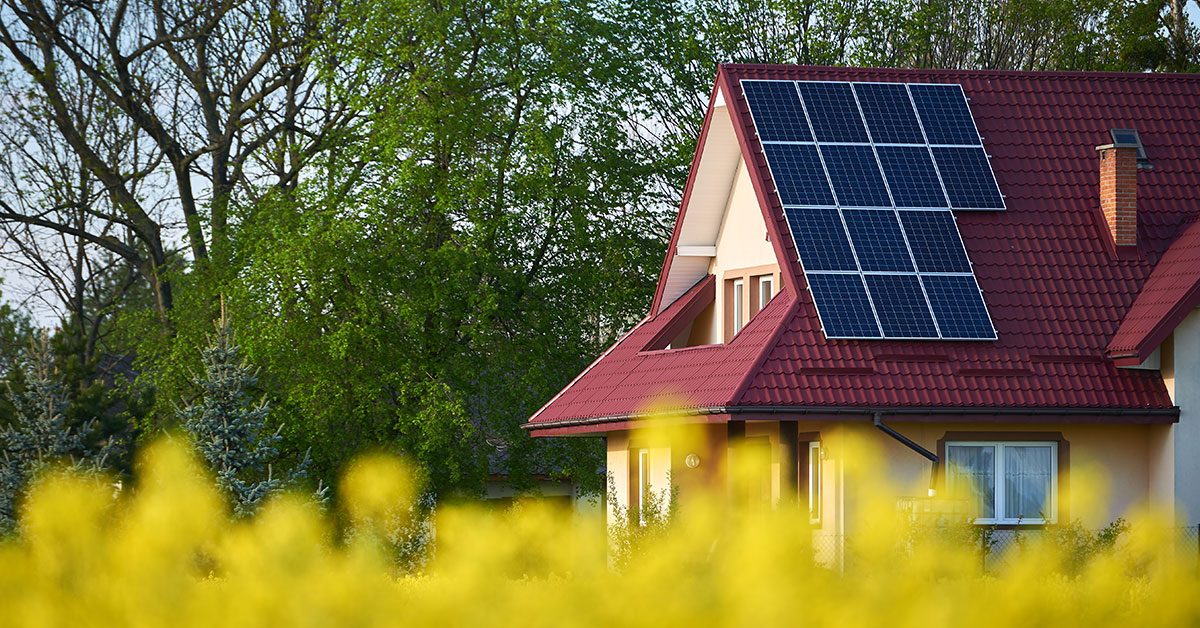
At Handelsbanken we understand the impact we have on society, the environment and the financial market. Taking responsibility and taking a long term view are core values that have guided our work over many decades.
Strong and lasting business relationships, low risk-taking and cost-awareness are all cornerstones of our culture. This kind of sustainable thinking has been integrated in how we do business for so long that it has become natural to us. Our financial strength and duty to be a responsible tax payer helps us avoid becoming a burden on society when times get tough. Instead, we positively contribute to society by being financially stable. We always want to be close to the communities we operate in, and the customers.
We have a significant responsibility and we take that responsibility.









